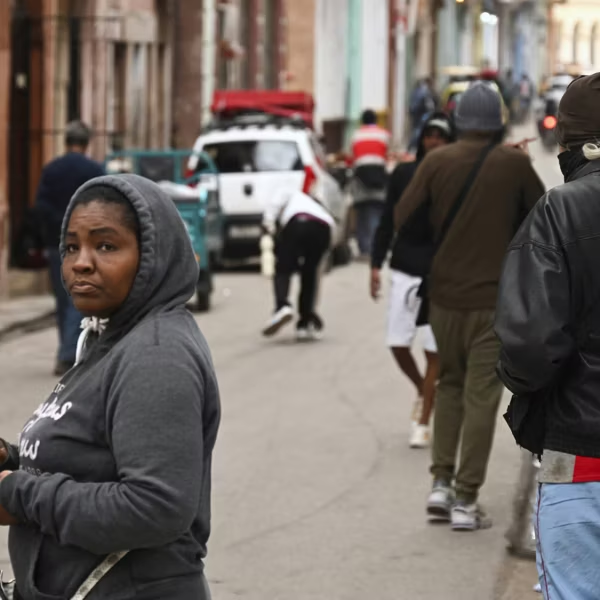In an unusual move for the global anti-poverty group, Oxfam has decided to get involved with disaster relief efforts in Puerto Rico, citing its "outrage" at the federal government's "slow and inadequate" response since Hurricane Maria struck the U.S. commonwealth two weeks ago.
"Oxfam rarely responds to humanitarian emergencies in the U.S. and other wealthy countries, but as the situation in Puerto Rico worsens and the federal government's response continues to falter, we have decided to step in," said Oxfam America's president Abby Maxman.
"The U.S. has more than enough resources to mobilize an emergency response," Maxman added, "but has failed to do so in a swift and robust manner."
Speaking with Jezebel, Oxfam America's senior humanitarian policy adviser Scott Paul explained the group's decision in further detail:
In the United States, as in most wealthy and frankly even middle-income countries, we assume that the government will lead in any disaster response, and that civil society will work together with the government and fill the gaps and hold the government accountable.
And in a country like the United States which has incredible resources and a really great infrastructure for disaster response, our presumption is that we won't need to respond. So as we watched this unfold, we were hearing more Puerto Ricans saying that things weren't being dealt with, heard from our own staff who had families who were telling them that the response was really pitiful, and on that basis we decided to launch a response.
Oxfam's announcement came just ahead of U.S. President Donald Trump's "disgusting, tone deaf, paper-towel-throwing trip" to the island on Tuesday.
In televised statements, the president continued his administration's misleading public relations campaign by praising its response to the humanitarian crisis while ignoring widespread criticism and the fact that, as Reuters reports, "two weeks later much of the island's residents are still without basic necessities."
More than half of the commonwealth's 3.4 million residents lack running water, and many are struggling to access fuel for cars and generators, which have become necessary because of its decimated power grid, which even before Maria had faced financial troubles and damage from previous storms. The island has almost no electricity and nearly 88 percent of its cellphone sites are still down, complicating communication amid recovery efforts.
Oxfam American, which outlined its two-pronged plan in a statement statement released Monday, will work with island leaders to pressure Congress and federal agencies to scale up the government's response to the crisis as well as "channel vital resources and give technical support to the right people on the front lines, including the local government and local organizations that were there as this emergency struck and that will be there for the long road to recovery."




